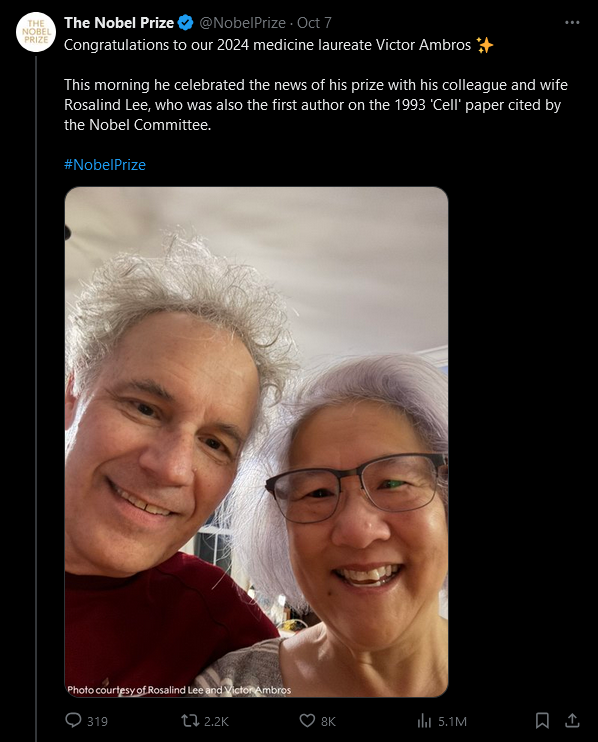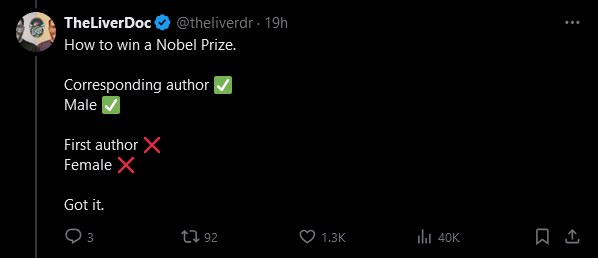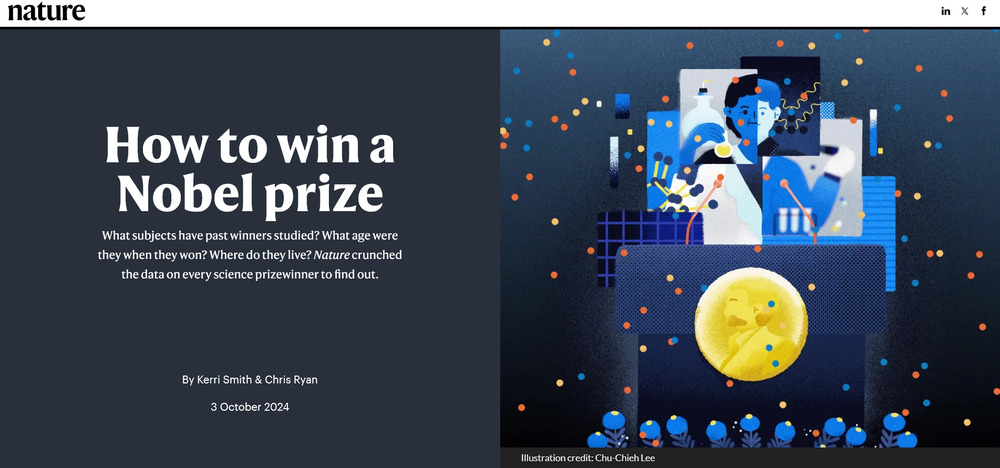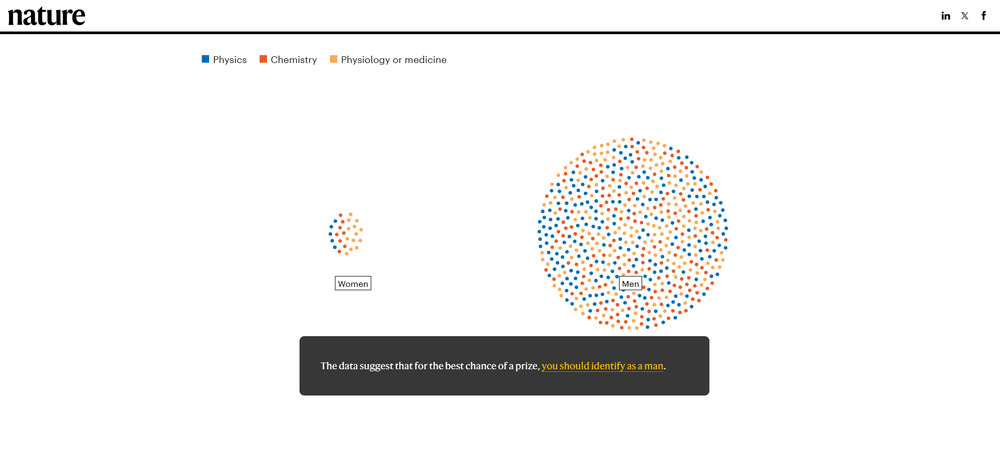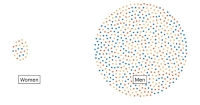Gerald Murnane speaks about life, writing ahead of Nobel Prize for Literature announcement
ABC Mildura-Swan Hill / By Emile Pavlich
For one of Australia’s most prolific and talented writers of a generation, the town of Goroke is a modest haunt. But that’s just the way Gerald Murnane likes it.
In his cafe in the sleepy western Victorian town of Goroke, Joe D’Andrea is flipping burgers for the lunchtime crowd.
In between feeding the masses, he helps direct the tourists who come to town in search of Goroke’s most famous resident, 85-year-old writer Gerald Murnane.
“Sometimes, if he’s in the men’s shed, I send them over the road to go and find him,” Mr D’Andrea said.
“I don’t direct anyone to his house. If he’s over the road, well, that’s as far as I direct them.”
A young girl wearing a pink onesie gives a thumbs up. Her dad in the background smiles to the camera. In background is shop
If Murnane is named as the winner of the Nobel Prize in Literature on Thursday evening, as some punters are tipping, then the tiny town of Goroke, population 295, can expect plenty more “Murnanophiles” to come and visit.
Many and varied eccentricities
For a decade, Murnane’s name has been bandied about as a future Nobel Prize in Literature laureate.
An online betting agency has him as the outright second favourite to win this year’s coveted literary prize, ahead of the likes of JK Rowling and Stephen King.
The odds have shortened significantly today.
“It’s unthinkable that anyone should be told they are number one,” Murnane said.
“There’s no such person as the best writer in the world.”
.
Murnane’s novels never appear on bestseller lists. The New York Times Magazine described his works as “essayistic meditations” that dispense “almost entirely with plot and character”.
To his acolytes, his novels such as The Plains, Inland, Barley Patch and A History Of Books are worthy of admiration and devotion, and have seen him win the Patrick White Award, the Prime Minister’s Literary Award, and the Melbourne Prize for Literature, among other awards.
But Murnane is as revered for his eccentricities, and the mythology of sorts that has sprung up around him.
Nobel candidate decides to stop publishing
Gerald Murnane’s career is on the upswing; so why has he decided to keep his writing private?
He prefers not to travel outside Victoria. He has never been on a plane, never voluntarily been into the ocean, has rarely taken holidays and has never listened to the radio or watched television for more than 20 minutes.
But he likes maps and sits a globe near his desk where he writes.
“I nearly faint with astonishment to see how big the world is because Goroke to Melbourne is a fair distance,” he said.
“The world is too big for me in one lifetime to even get to know, so I stuck to Victoria.”
Murnane moved to the border town to live with his son, Giles, following the death of his wife, Catherine, in 2009.
“A writer should live anywhere,” he said.
“Writers don’t have to live in Carlton or Castlemaine.”
Murnane also plays the fiddle for one hour each day and regularly revises the Hungarian language using tens of thousands of cue cards, which he began doing as part of a mission to read Gyula Illyes’ novel People of the Puszta in its original language.
He has three large archives worth of filing cabinets in his lean-to bedroom at his son’s house.
The letters and essays inside are something akin to an objet d’art within literary circles and scholarship.
The archives, named the Chronological, Literary and the Antipodean, will only become public once he, along with his brother and sister, dies.
“It’s just an urge I’ve had all my life to record things,” Murnane said.
“If people are curious, they are welcome to know what I have recorded.
“All my thoughts go into my archives for some ideal reader of the future.”
One of his more imaginative archives concerns an imaginary horse racing network involving two fictitious countries, New Eden and New Arcady.
A man flicks through his pages of letters, essays and manuscripts in a filing cabinet.
The second Australian laureate?
If he wins, Murnane will be the second Australian to be named a Nobel Prize laureate in literature, after Patrick White in 1974.
The process to award laureates is notoriously secretive and low-key. Several nominations are internally discussed from around April and May, which are then debated by the Swedish Academy until October 10, when the winner is announced.
Previous winners have included Bob Dylan, Annie Ernaux, Albert Camus, Pablo Neruda, Doris Lessing, Ernest Hemingway and JM Coetzee.
Murnane’s name has been discussed as a worthy recipient of the prize for a while, as befitting someone the New York Times described as “the greatest living English-language writer most people have never heard of”.
His books have a cult following in Scandinavia, have been translated into numerous languages, and a few of his novels were recently republished in England.
However, his writing was not always recognised within the Australian literary establishment. In the 1990s, following a “nasty” review of his book Landscape with Landscape, he journeyed through some “hard years”.
“In the end, I got used to being thought of as marginal, someone who is not in the mainstream,” Murnane said.
The Nobel Prize in Literature will be announced, at the earliest, 10pm AEST on October 10, and awarded on December 10.
https://amp.abc.net.au/article/104424876
